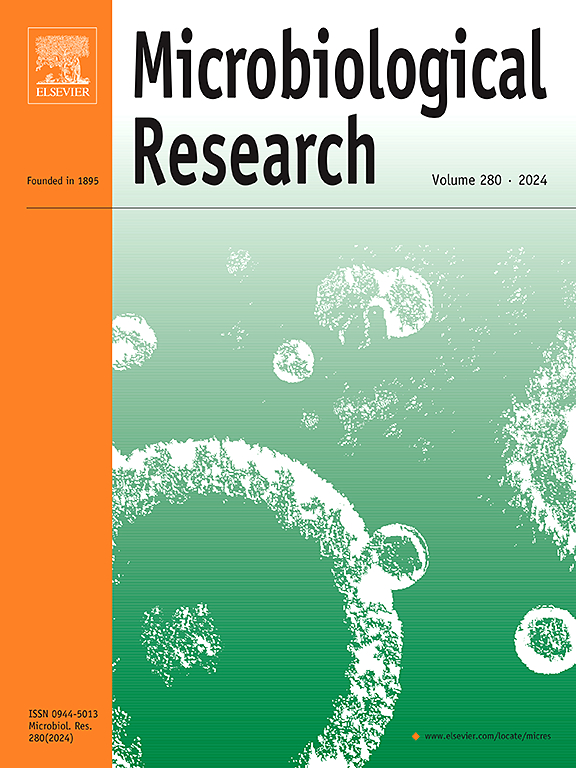抗体疗法:后抗生素时代抗菌治疗的另一种选择。
IF 6.1
1区 生物学
Q1 MICROBIOLOGY
引用次数: 0
摘要
抗菌药耐药性的持续增长和耐药基因在全球范围内的传播,尤其是超级细菌的出现,使得传统的抗生素治疗方法不足以对抗细菌感染。因此,细菌感染急需新的治疗方法。抗体被认为是抗生素的有效替代品。杂交瘤、抗体纯化、转基因小鼠、噬菌体展示和蛋白质工程等技术的出现和发展,使得高纯度、高亲和力的人源化抗体得以大量生产。过去几十年来,抗体在医学领域取得了令人瞩目的成就。在后抗生素时代,抗体疗法有望成为治疗耐药细菌感染的有效方法,因为它具有高特异性的优点,不会对非靶标细菌产生选择性压力,还能与抗生素配合增强抗菌效果。本综述首先介绍了抗体对抗细菌感染的作用机制,然后根据不同的靶点对已报道的抗菌抗体进行了总结,讨论了基于抗体的抗菌治疗的优势和局限性,最后展望了抗菌抗体的发展前景,为新型抗菌抗体的开发提供参考。本文章由计算机程序翻译,如有差异,请以英文原文为准。
Antibody-based therapy: An alternative for antimicrobial treatment in the post-antibiotic era
The consecutive growth of antimicrobial resistance and the spread of resistance genes worldwide, especially the emergence of superbugs, have made traditional antibiotic-based treatments inadequate to fight bacterial infections. Therefore, new therapeutic modalities for bacterial infections are urgently needed. Antibodies are considered to be an effective alternative to antibiotics. The emergence and advancement of technologies such as hybridoma, antibody purification, transgenic mice, phage display, and protein engineering have enabled the production of large quantities of humanized antibodies with high purity and affinity. Antibodies has achieved remarkable achievements in the field of medicine in the past decades. Antibody-based therapy is expected to be an effective way to treat drug-resistant bacterial infections in the post-antibiotic era due to its merits of high specificity, which leads to no selective pressure on non-target bacteria and could cooperate with antibiotics to enhance the antimicrobial effect. This review first introduces the mechanism of action of antibodies against bacterial infections, then summarizes the reported antimicrobial antibodies according to different targets, discusses the advantages and limitations of the antibody-based therapy for antimicrobial treatment, and finally, the perspectives of antimicrobial antibodies developing have been prospected, providing a reference for the development of new antimicrobial antibodies.
求助全文
通过发布文献求助,成功后即可免费获取论文全文。
去求助
来源期刊

Microbiological research
生物-微生物学
CiteScore
10.90
自引率
6.00%
发文量
249
审稿时长
29 days
期刊介绍:
Microbiological Research is devoted to publishing reports on prokaryotic and eukaryotic microorganisms such as yeasts, fungi, bacteria, archaea, and protozoa. Research on interactions between pathogenic microorganisms and their environment or hosts are also covered.
 求助内容:
求助内容: 应助结果提醒方式:
应助结果提醒方式:


